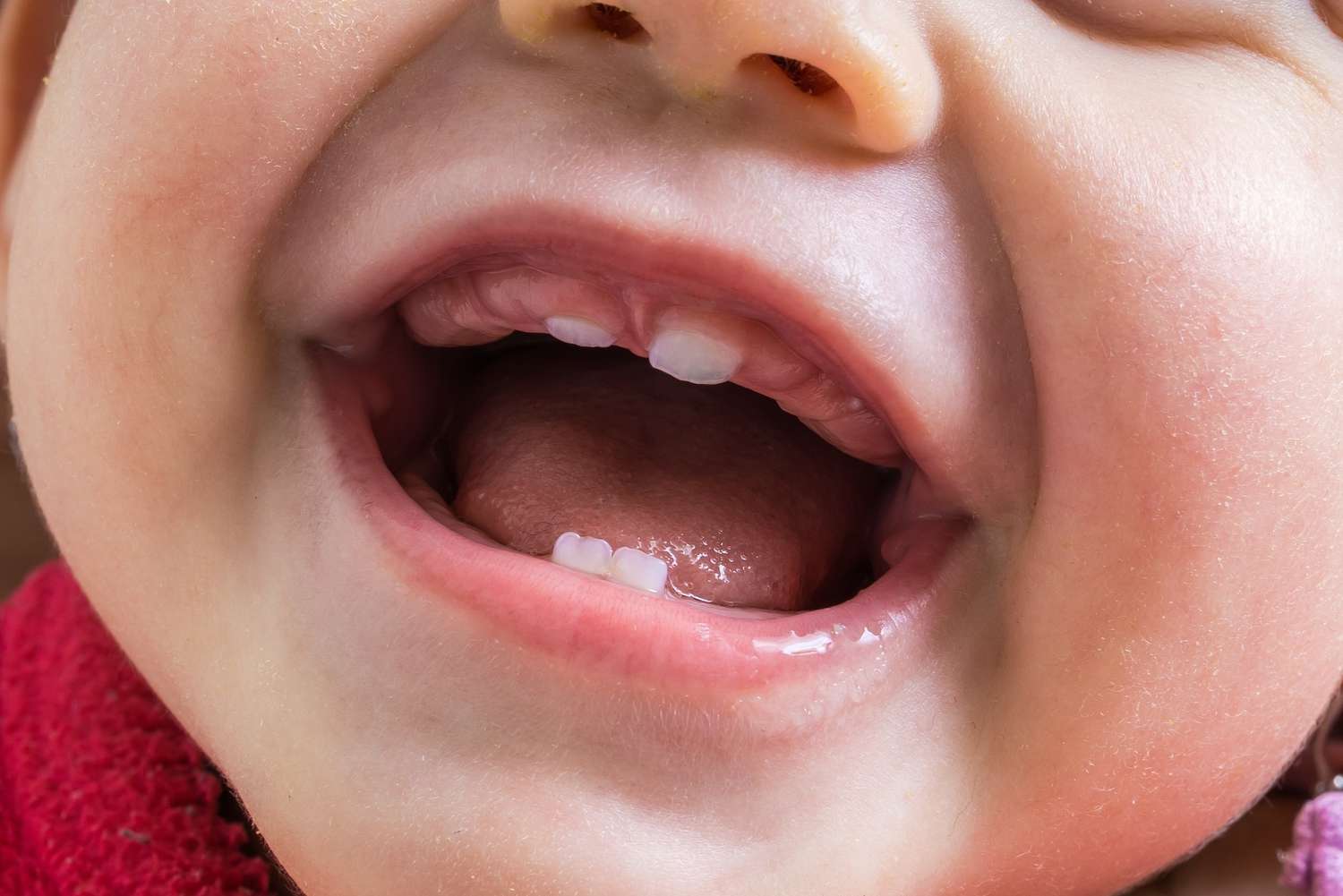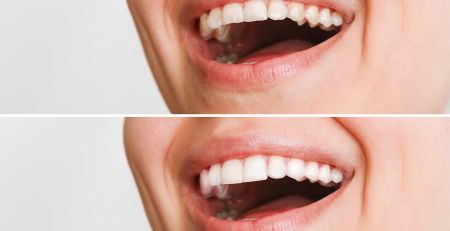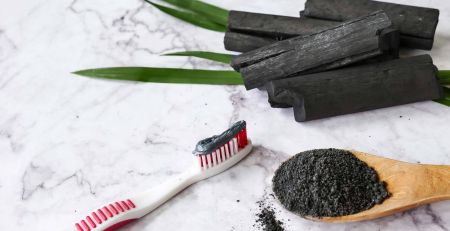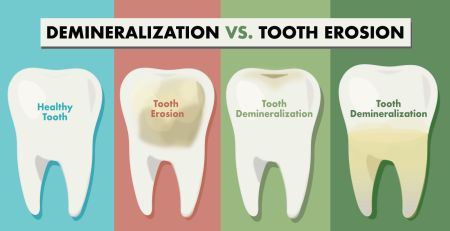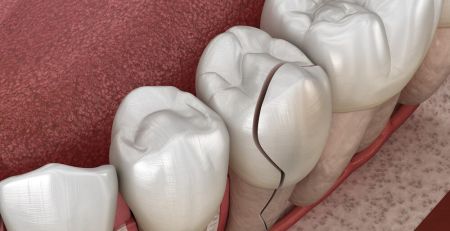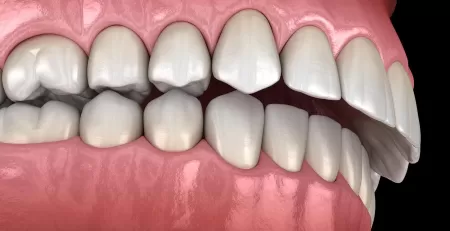Every parent eagerly awaits the moment their baby flashes that first adorable toothy smile. However, before that first tooth erupts, there’s a natural and sometimes challenging process called teething.
What is Teething?
Baby teeth typically emerge around 9 months, varying from 3 to 12 months.
Teething might cause discomfort, leading some babies to become irritable. Offering comfort and an excellent teething ring to gnaw on can provide relief.
Not all babies experience teething simultaneously.
Some might start teething as early as 3 months. By age 3, most children will have 20 baby teeth—10 on the top and 10 on the bottom.
It’s perfectly normal for baby teeth to emerge at varying intervals.
Symptoms of Teething

For many babies, teething is accompanied by symptoms that can range from mild to more pronounced. Common signs include:
- Gum swelling and sensitivity: The region where the tooth is emerging may appear red and swollen.
- Increased drooling: Teething stimulates drooling, which is perfectly normal.
- Chewing behaviour: The pressure from an erupting tooth can be relieved by biting, so infants may chew on their fingers or toys.
- Irritability: The discomfort can make some babies fussier than usual.
- Sleep disturbances: The discomfort might interrupt sleep patterns.
- Mild fever: Some babies might develop a low-grade fever, but high or prolonged fever is not typical of teething and should be addressed by a pediatrician.
4 Tips on Caring for a Teething Baby
Alleviating teething pain is a top concern for caregivers. Some tried-and-true methods include:
- Teething rings are soft, chewable objects that can be relieved when cooled in the refrigerator (not the freezer, as extreme cold can hurt the baby).
- Cold washcloth: A clean, damp washcloth in the fridge can be a soothing chewable for infants.
- Gum massage: Using a clean finger to massage the baby’s gums gently can help alleviate pain.
- Over-the-counter pain relief: If your baby is incredibly irritable, consider using baby-appropriate pain relievers, but always consult a pediatrician before administering any medication.
What precautions should I take?
Consult your dentist or physician before using any pain relievers or anesthetic mouth gels. Teething Gels
While cold teething gels might offer temporary relief, there’s a risk if your child ingests it. Accidental swallowing can numb the throat, leading to potential choking. Ensure you use child-specific teething gels and follow the package instructions. Pacifiers
For some, pacifiers offer solace during teething. However, avoid dipping them in sugary substances like honey or jam, as it can elevate the risk of tooth decay. Amber Beads
Beaded accessories, whether necklaces or bracelets, pose a choking risk and are unlikely to alleviate teething discomfort.
Oral Hygiene During Teething
Even before the first tooth appears, oral hygiene is vital:
- Wipe gums daily: Using a soft, damp cloth, gently wipe your baby’s gums to clear away harmful bacteria.
- Brush emerging teeth: When the first tooth pops up, brush it twice daily with a soft baby toothbrush and a rice grain-sized amount of fluoride toothpaste.
- Avoid sugar: Minimize sugary foods and drinks, even in infancy, to prevent early tooth decay.
- Regular dental check-ups: The American Dental Association recommends the first dental visit by the baby’s first birthday.
What is the minimum age to take a baby to a dentist?
Worldwide professional dental organisations recommend that a child see a dentist by age 1 or within six months after the first tooth erupts. This early visit helps parents understand proper oral care for their babies and introduces the child to dental visits in a non-threatening manner, setting the stage for regular check-ups in the future.
Professional dental associations:
Consider scheduling your baby’s inaugural dentist visit once their first tooth emerges or by their first birthday, whichever occurs sooner. Dental professionals are well-acquainted with treating infants and young kids.
During this initial appointment, the dentist will inspect your child’s teeth. It’s also a prime time for the dentist and parents to converse about crucial dental health subjects, such as:
- Proper methods for cleaning your child’s teeth.
- Anticipated developments in your child’s oral growth.
- Addressing thumb sucking and the use of pacifiers.
- Strategies to deter tooth decay.
- Measures to prevent dental injuries.
- Recommendations for tooth-friendly diets.
Always ensure that dental visits are a joyous affair for your child. Refrain from using dentist visits as a punitive measure, a deterrent for not brushing, or other actions.
Teething is a natural, albeit occasionally challenging, phase in an infant’s oral health journey.
Being well-informed and proactive can help ensure your baby navigates this stage with minimal discomfort and optimal dental health.
Always consult with pediatricians or dentists if you have concerns about your child’s teething or oral health.



